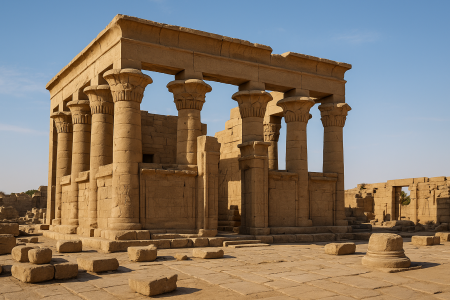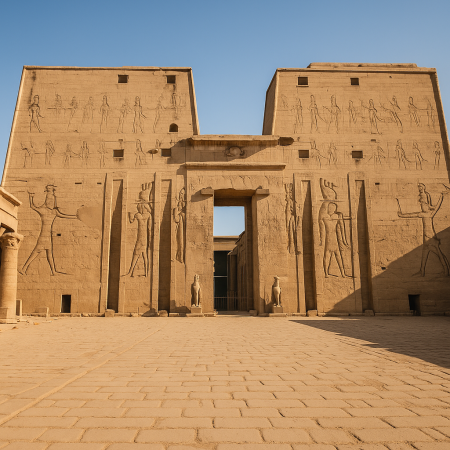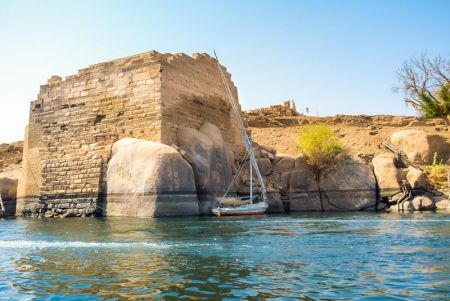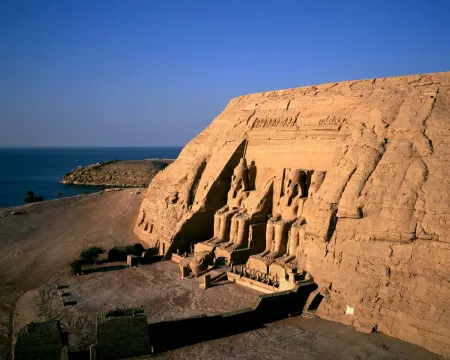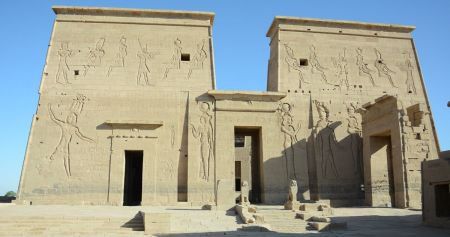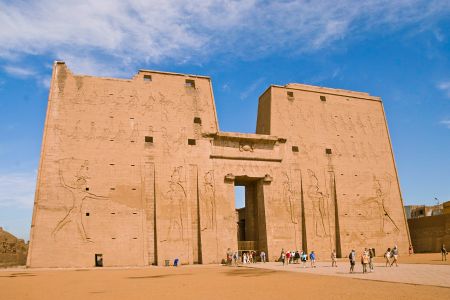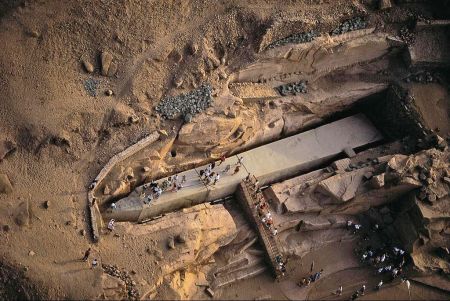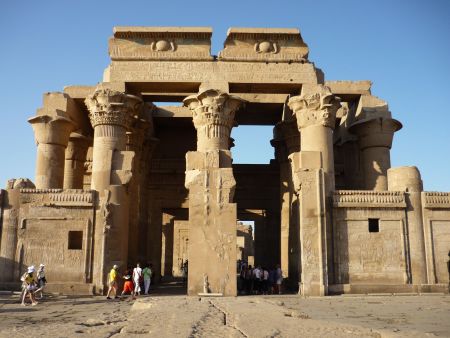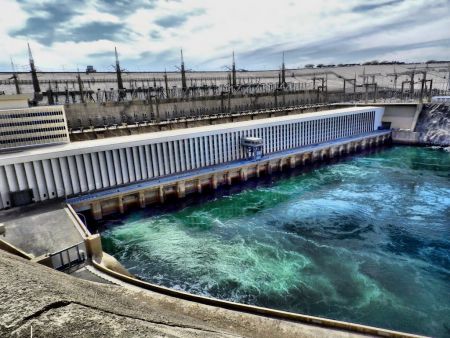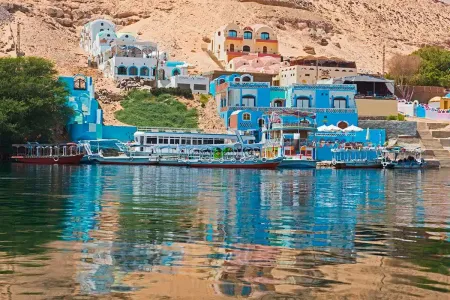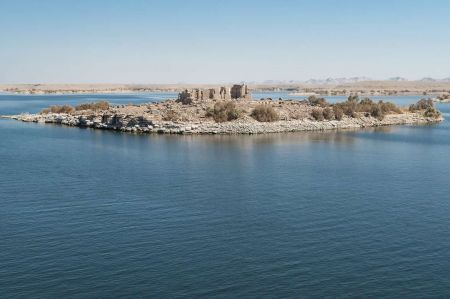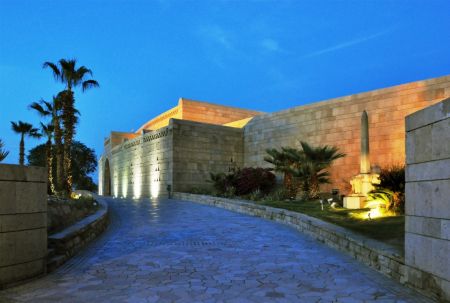Aswan City: Egypt’s Timeless Jewel on the Nile
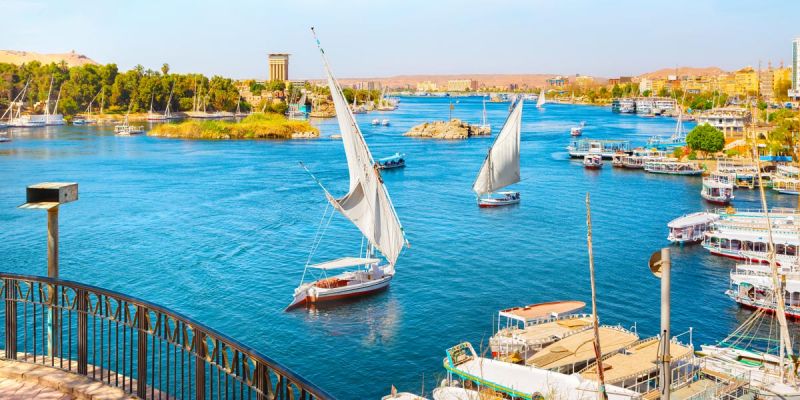
Nestled along the banks of the Nile River, Aswan City is Egypt’s serene southern escape, brimming with ancient history, Nubian culture, and breathtaking natural beauty. Unlike the bustling Cairo or the grandeur of Luxor, Aswan offers a peaceful yet equally captivating experience. It has been a strategic gateway to Africa since antiquity and remains a culturally rich destination, ideal for history lovers, nature seekers, and adventurers alike.
Aswan City blends African warmth with Pharaonic legacy, offering everything from the magnificent Philae Temple and High Dam to colorful Nubian villages and riverfront souks. Known as the sunniest city in Egypt, Aswan promises year-round warmth and picturesque views of granite islands, golden desert dunes, and lush palm groves. Whether you’re sailing on a felucca, exploring age-old monuments, or simply sipping hibiscus tea by the Nile, Aswan City casts a unique spell on every traveler.
Top Historical Attractions in Aswan City
Philae Temple – The Sacred Island Shrine
One of the most iconic landmarks in Aswan City, the Philae Temple is dedicated to the goddess Isis. Originally situated on Philae Island, it was relocated to Agilkia Island during the UNESCO rescue mission after the construction of the Aswan High Dam. The temple complex boasts colonnaded courtyards, hieroglyphic-covered walls, and mystical sanctuaries. Aswan tourists often arrive by boat at sunset, when the golden light transforms the stone structures into ethereal beauty.
Unfinished Obelisk – An Ancient Engineering Mystery
Carved directly into the bedrock at the ancient granite quarries of Aswan, the Unfinished Obelisk offers a raw glimpse into ancient Egyptian stonework. Had it been completed, it would have stood over 40 meters tall — the largest obelisk ever erected. Its sheer scale, combined with visible tool marks, tells a story of ambition, labor, and unexpected flaws that halted the project.
Elephantine Island – Where History and Myth Intertwine
Located in the heart of the Nile, Elephantine Island is a must-see for those exploring Aswan City. Home to ancient temples, ruins of a Nilometer, and a traditional Nubian village, the island merges archaeological significance with cultural heritage. The island is believed to have been the dwelling of the god Khnum, and remnants of his temple still exist today.
Modern Marvels and Cultural Highlights
Aswan High Dam – A Monument of Modern Engineering
The Aswan High Dam, completed in the 1970s, is one of Egypt’s most important modern achievements. It controls Nile flooding, generates hydroelectric power, and created Lake Nasser, one of the largest man-made lakes in the world. Visiting the dam offers not only panoramic views of the Nile Valley but also insight into Egypt’s transformation during the 20th century.
Nubian Museum – Preserving Nubian Heritage
Dedicated to the history, culture, and arts of the Nubian people, the Nubian Museum in Aswan City is a UNESCO-listed treasure. The museum houses over 3,000 artifacts including textiles, jewelry, ceramics, and reconstructed Nubian homes. For visitors wanting to understand the deep-rooted identity of Aswan and its indigenous people, this is an essential stop.
Discover timeless treasures during an Egypt Vacation
Natural Beauty and Outdoor Experiences
Felucca Sailing – Drift Along the Timeless Nile
No trip to Aswan City is complete without a felucca ride. These traditional wooden sailboats offer an authentic and peaceful journey along the Nile. Pass by palm-lined shores, desert hills, and ancient ruins while soaking in the tranquil rhythm of life on the water.
Botanical Garden – Kitchener’s Island Delight
The Aswan Botanical Garden, located on Kitchener’s Island, is a lush paradise filled with exotic plants and trees brought from across the globe. Originally a gift to British General Lord Kitchener, it’s now a public sanctuary perfect for nature walks and quiet relaxation. The contrast between the verdant greenery and the surrounding desert makes this garden a true oasis.
Nubian Villages and Cultural Immersion
Gharb Soheil Village – A Vibrant Cultural Encounter
Across the Nile from Aswan lies Gharb Soheil, a traditional Nubian village known for its colorful houses, friendly locals, and handmade crafts. Visitors can tour local homes, try Nubian cuisine, and even participate in cultural performances. It’s one of the best places in Egypt to experience indigenous traditions firsthand.
Nubian Hospitality – A Journey Beyond the Monuments
The heart of Aswan City lies not just in its monuments but in its people. Nubians are renowned for their generosity, music, and vibrant oral traditions. Staying in a Nubian guesthouse or sharing a meal with a local family adds a deeply personal touch to your Aswan adventure.
Discover elegance aboard the Mövenpick MS Royal Lily, a five-star Nile cruise ship offering luxury cabins, fine dining, and guided excursions.
Aswan City Travel Tips and Logistics
Best Time to Visit Aswan
Aswan City enjoys a desert climate, with mild winters and extremely hot summers. The best time to visit is between October and April, when temperatures are pleasant and ideal for sightseeing. Winter evenings along the Nile are particularly charming.
How to Reach Aswan
You can reach Aswan City via domestic flights, trains from Cairo or Luxor, or luxury Nile cruises. The Aswan International Airport connects to major Egyptian cities and some international hubs.
Where to Stay in Aswan
Aswan offers accommodations for all budgets, from five-star resorts overlooking the Nile to cozy guesthouses in Nubian villages. Top-rated hotels include Sofitel Legend Old Cataract Aswan, Mövenpick Resort, and several eco-lodges along the riverbank.
Local Cuisine in Aswan City
Traditional Dishes to Try
Food in Aswan is a delicious blend of Egyptian and Nubian flavors. Don’t miss :
-
Tagine with okra and lamb
-
Ful medames (mashed fava beans)
-
Dukka-spiced fish
-
Nubian bread with dates and honey
Many riverside restaurants offer scenic views with hearty, home-cooked meals that reflect the region’s culinary soul.
Shopping and Souvenirs
Aswan Souks – A Tapestry of Color
Wander through the Aswan Souk, a bustling market filled with spices, perfumes, handmade jewelry, scarves, and Nubian trinkets. The market is more relaxed than Cairo’s, allowing for friendly haggling and unique finds.
Why Aswan City Should Be on Your Egypt Itinerary
Aswan City offers a harmonious blend of history, nature, and culture, unmatched by any other Egyptian destination. It’s where Africa meets Egypt, where temples rise from islands, and where the people live in rhythm with the mighty Nile. From archaeological wonders to heartwarming local interactions, Aswan is more than a place—it’s an experience you carry long after you leave.
FAQs About Aswan City
What is Aswan famous for?
Aswan is renowned for its Nile-side setting, Philae Temple, the Unfinished Obelisk, and its role as a center of Nubian culture and granite quarrying.
How many days should I spend in Aswan?
Three days are ideal to explore the main sights, enjoy a felucca ride, visit Nubian villages, and take a day trip to Abu Simbel.
Can you visit Abu Simbel from Aswan?
Yes, Abu Simbel is a popular day trip from Aswan, about 3.5 hours each way by road or 45 minutes by plane.
Is Aswan safe for tourists?
Aswan is one of the safest cities in Egypt, with a welcoming atmosphere and low crime rates. Tourism is well-supported by the local community.
What should I wear in Aswan?
Light, breathable clothing is best for daytime. Modest attire is recommended, especially in rural areas or when visiting religious sites.


